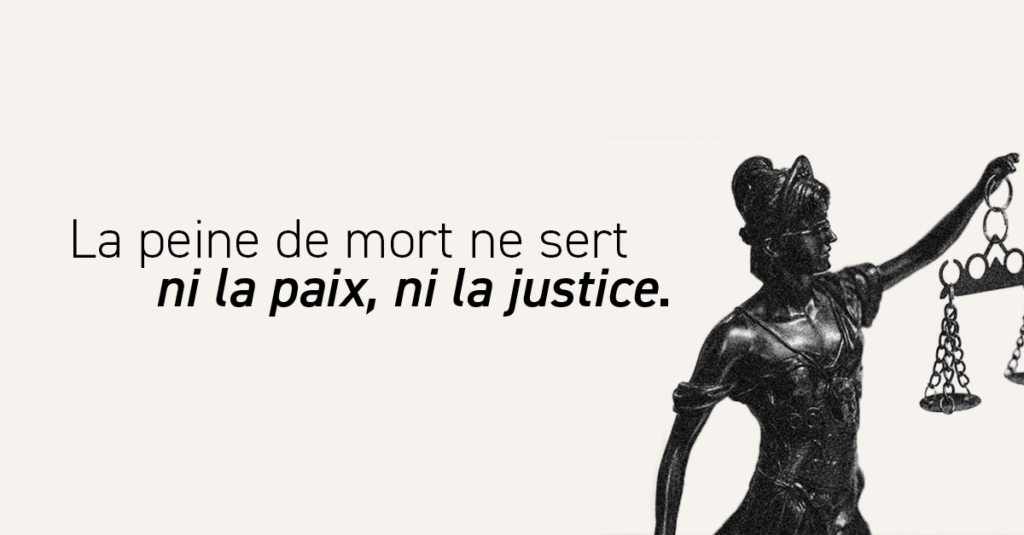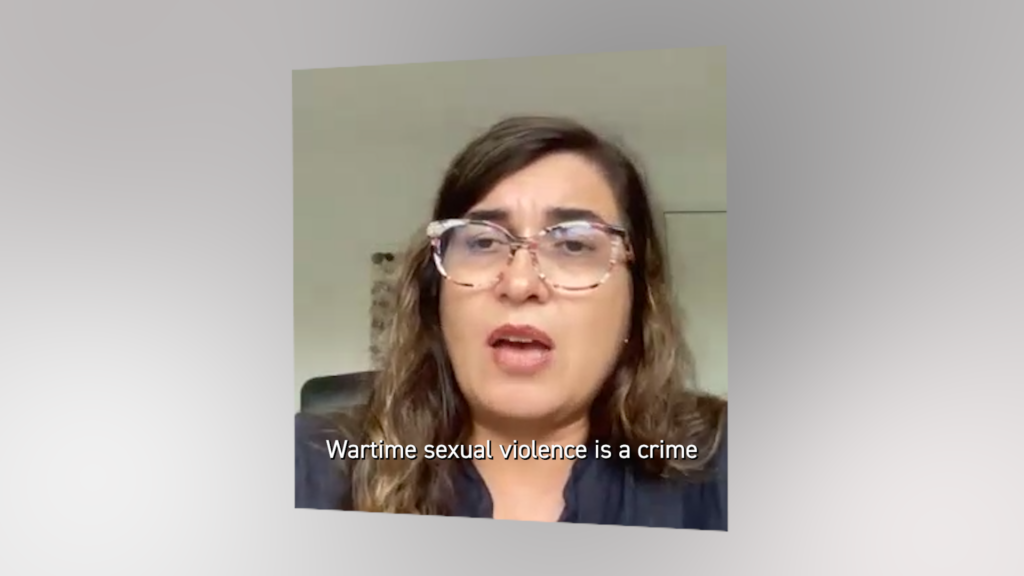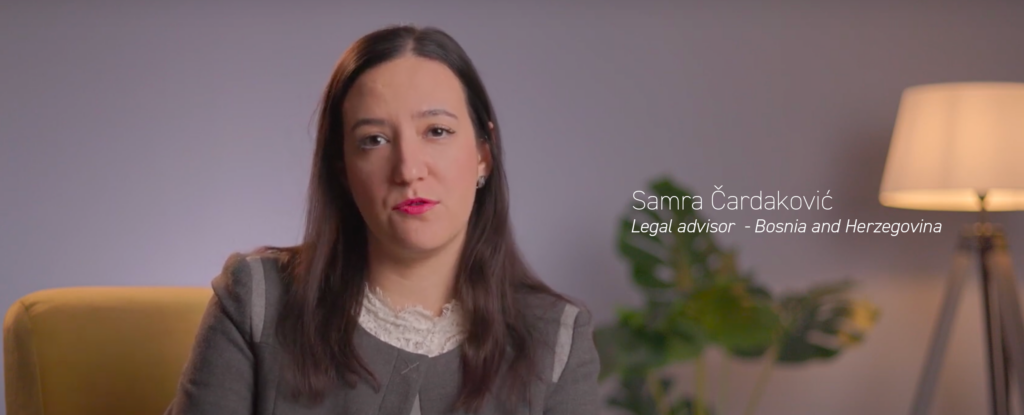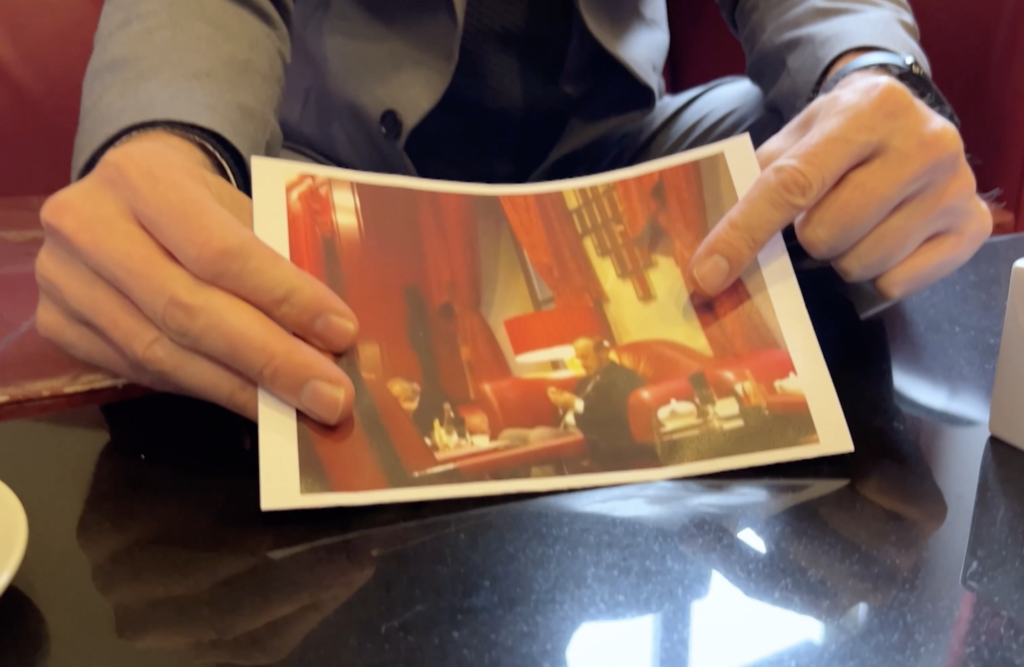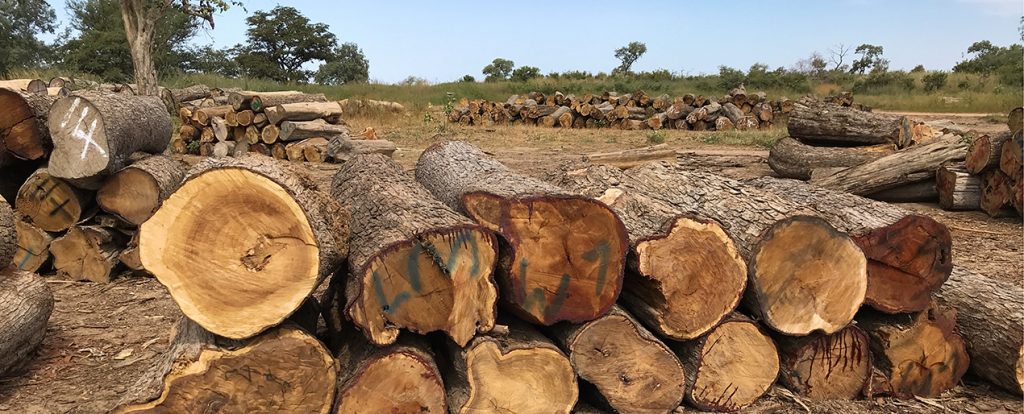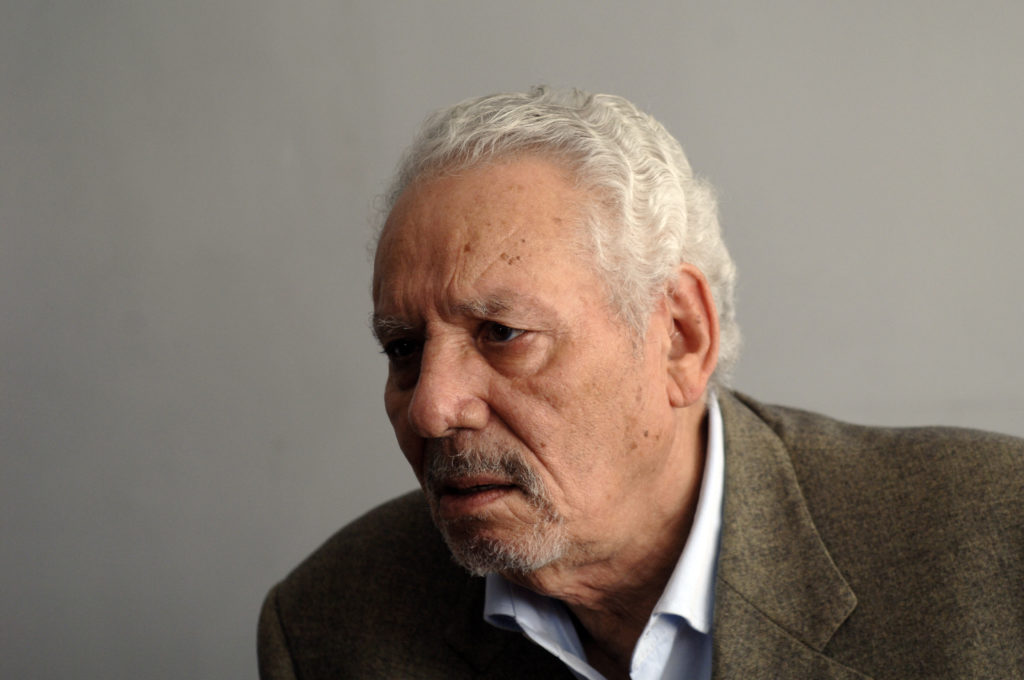Giving close support to victims in DRC
In order to reach out to the most isolated populations, many Congolese organizations do not hesitate to enter the heart of conflict zones. Demonstrating courage and unwavering determination, they are the crucial link between victims and the judiciary system. Three organizations which work closely with TRIAL International in DRC explain their daily work.
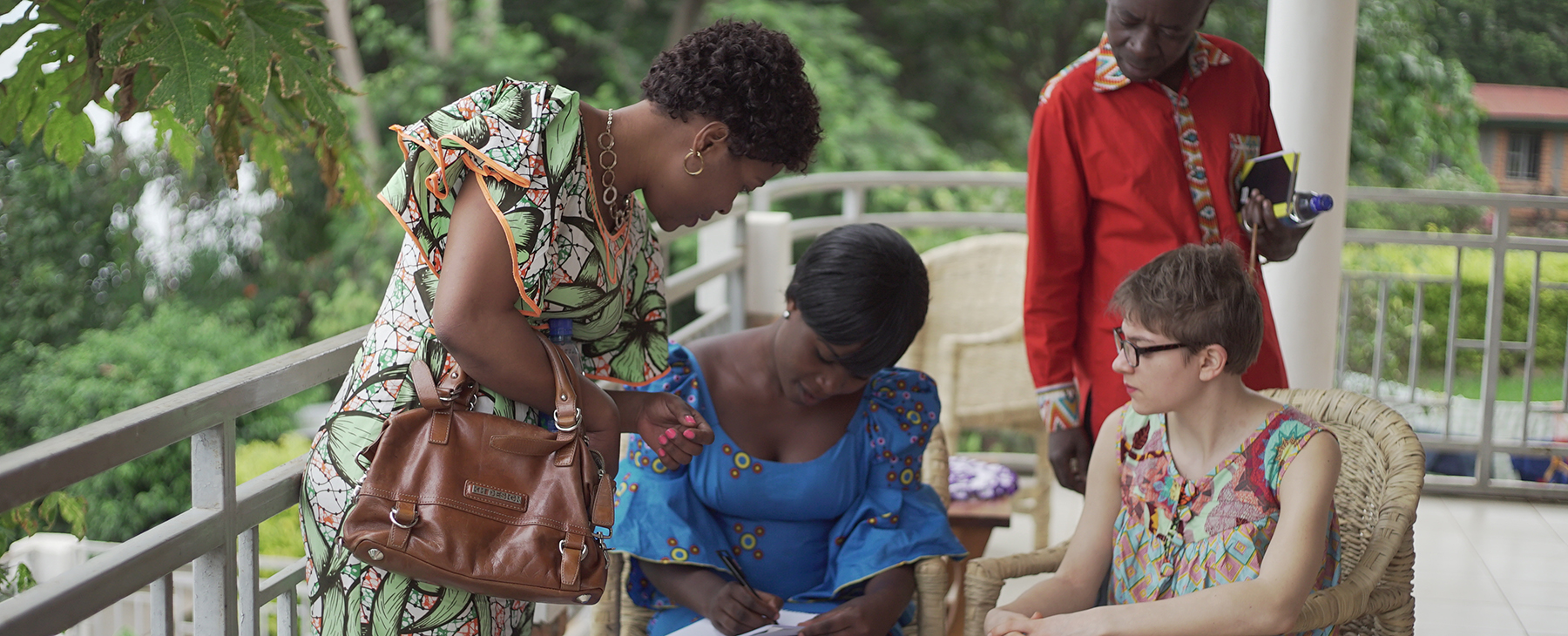
The League of Human Rights Activists (LADHO), the Centre for Hope and Human Rights (CEDH) and the African Center for Peace, Democracy and Human Rights (ACPD) are three “relay” organizations of TRIAL International in South Kivu. Their integration in local civil society means they are best placed to establish contact with the population and identify the needs of justice – thereby complementing the legal expertise of TRIAL to offer them the best chance of justice.
The mandate of these organizations runs from the reporting of abuses to the end of legal proceedings – and often even beyond. Identifying victims and witnesses, informing them of their rights, encouraging their participation in trials, keeping them informed throughout the process… the task is enormous, especially considering the insecurity and isolation of some villages. This is why all the organizations work in synergy. “There are many organizations defending human rights in DRC” says Léonard Mutumoyi, a coordinator at ACPD. “Mutual trust is a major asset of our work.”
Providing information within communities
The three organizations physically go to villages where atrocities have been committed to meet the victims. LADHO’s mobile legal clinic, for example, holds meetings to raise awareness in the huts of the customary chiefs. CEDH also provides information in a collective manner, often in churches or schools to reach the greatest number.
In contrast, the ACPD favors individual information “to allow each victim to ask questions freely and ensure confidentiality.” This is a delicate balance to strike given the scale of the crimes and the limited means.
Free support, necessary but problematic
Offering this support free of charge is essential. CEDH, LADHO and ACPD agree on this point: justice must be accessible to all and should not depend on the resources of victims.
This is why the members of the three organizations are almost all volunteers. The care of the victims, and their representation by lawyers, is funded by organizations such as TRIAL International or by private donations.
Despite this, the organizations unanimously denounce the lack of financial resources to meet demand. “Sometimes the activity plans established with victims are not implemented due to a lack of resources” regrets Gentil Akilimali, representative of CEDH. Likewise, Akilimali Kubali, Director of LADHO explains that their mobile legal clinic does not own a vehicle. Each journey to the villages is an ordeal.
Taking human support into account
Although their mandate is legal information, all the organizations insist on the holistic support of victims, which can include very practical aspects. “We organize and finance all the beneficiaries’ journeys to information sessions or hearings, as well as their accommodation and food” explains Akilimali Kubali. “For many of them, a long trip or a night outside the village is simply too expensive. If we were not to cover these expenses, justice would certainly remain out of their reach.”
Finally, the local organizations maintain links long after the trials have ended. CEDH helps female victims of sexual violence to reintegrate themselves in its “peace huts”. Similarly, ACPD continues its follow-up until reparations are obtained.
Gentil Akilimali concludes: “As soon as we get in contact with them, the victims want to be assured of our continued help, in other words how long we will stay with them. Long-term support is crucial to restore trust and dignity in our beneficiaries.”

